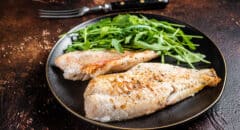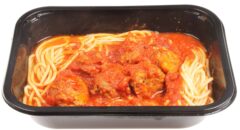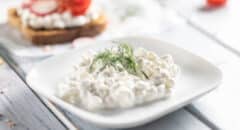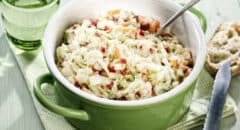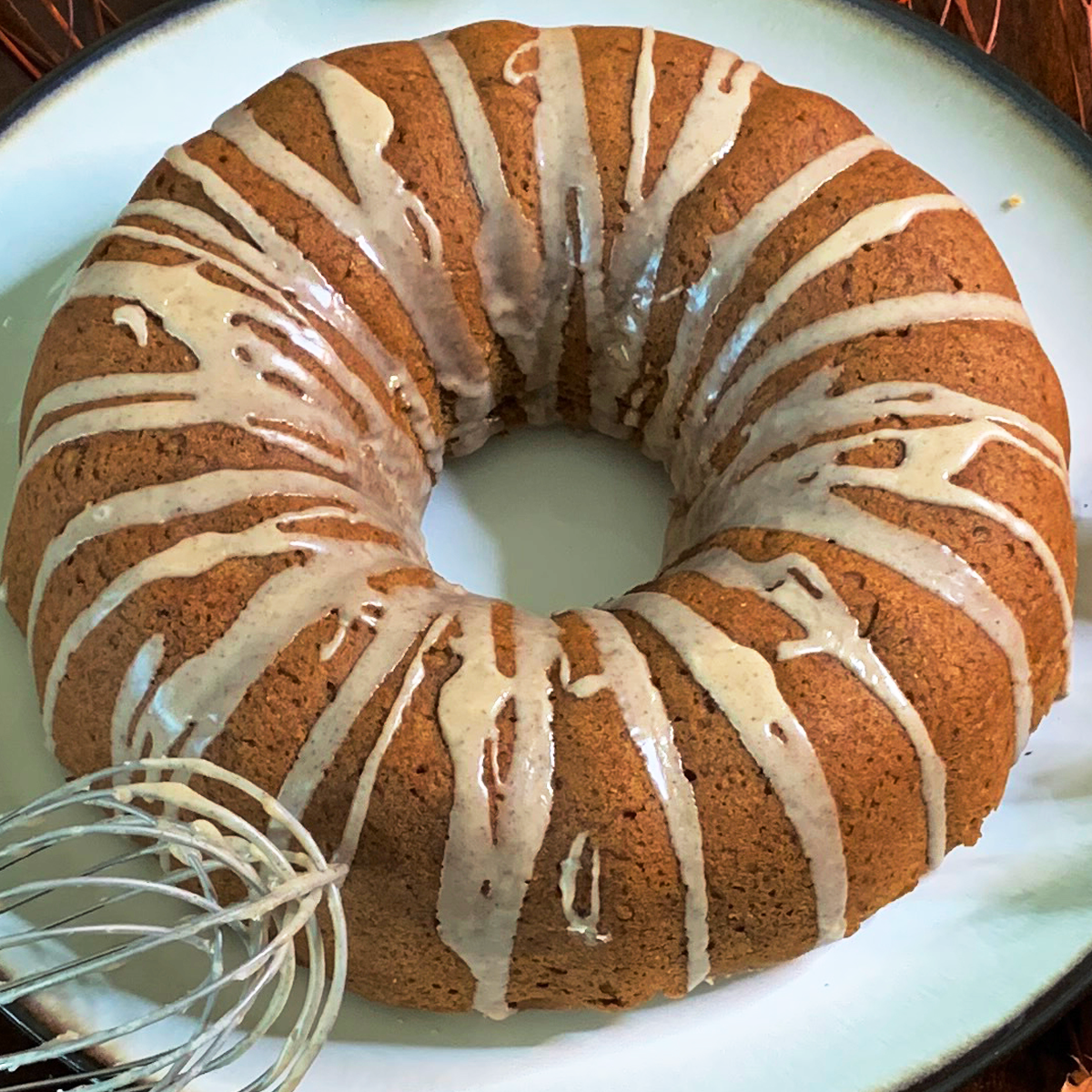
I am Dr. Monique May, Board-certified Family Physician and Founder of Physician in the Kitchen™. Through my meal delivery service, best-selling book, MealMasters: Your Simple Guide to Modern Day Meal Planning, and online cooking classes, I help busy households enjoy healthy eating without impacting their hectic schedules.
Hello MealMasters! People choose to adopt vegan or other lifestyles for a variety of reasons, and they are usually related to improving their health. They may want to eliminate the need for medications to treat their cholesterol or high blood sugar, or maybe they want to lose a few pounds to reach an ideal or preferred weight.
By cutting out animal protein, you may notice an improvement in chronic conditions such as joint pain or kidney disease. You may also decrease your risk of developing certain types of cancer.
You May Also Like
For me, in addition to the known health benefits of a plant-based diet, I truly enjoy experimenting and testing recipes featuring vegetables or other plant-based foods. I also get to create in my “lab” while using my many kitchen gadgets and appliances. This year I am chronicling my journey toward more plant-based meals, and I am sharing with my readers my favorite foods, along with tips and tricks I have discovered along the way.
Today I am continuing my series, Dr. Monique’s Favorite Food ABCs. The foods that are on this list are here because of both their contributions to mouth-watering dishes as well their health benefits. So far we have discussed the following:
- A for avocado
- B for beans
- C for cilantro
- D for dairy replacements
- E for egg substitutes
- F for fresh and frozen fruits and vegetables
- G for ginger and garlic
- H for herbs
- I for Indian spices
- J for jackfruit
- K for Kale
- L for Lentils
At the halfway mark, we have M for maple syrup. After several savory blogs, it’s exciting to talk about something sweet! My approach to desserts is everything in moderation. I don’t want to live in a world where I can’t have dessert from time to time. And that is not what adopting a healthy lifestyle is about IMO. I personally do not believe in eliminating all enjoyable food items from one’s diet. I just encourage people to find healthier ways to enjoy their favorite treats, and “dessert responsibly”.
You May Also Like
RELATED: Vegan-ish: Avocado Waffles
So in this blog, I will talk about my go-to sweetener for several of my baked goods: maple syrup. Let me just start by saying: all maple syrup is not created equally. The maple syrup that I use and will be referring to is 100% maple syrup, not to be confused with imitation maple syrup or maple-flavored syrup. The latter is made with high fructose corn syrup, artificial flavors, and chemicals.
The difference between the two is significant. The maple syrup that I’m referring to is produced from actual tree sap. It is one of my preferred sweeteners in baking or even in my TablespoonBBQ sauce recipe. Maple syrup comes in different grades.
Here in the United States, we have either grade A or grade B syrups and they can vary by color: light, medium, or dark. Interestingly, the tree sap that is harvested later in the season is used to produce a darker-colored syrup and has a more robust maple flavor (Grade B for example).
Now, do not be misled: maple syrup does contain sugar and as such should be used in moderation. It does also contain beneficial nutrients such as antioxidants (the darker syrups have higher levels) and minerals like zinc, calcium, and iron.
In addition, maple syrup has a lower glycemic index (GI) than regular table sugar. The GI is a number indicating how quickly a food containing carbohydrates will elevate your blood sugar after you eat it. The lower the number the better. The GI for maple syrup is 54, compared to 65 for table sugar. Unfortunately, maple syrup essentially does not contain vitamins.
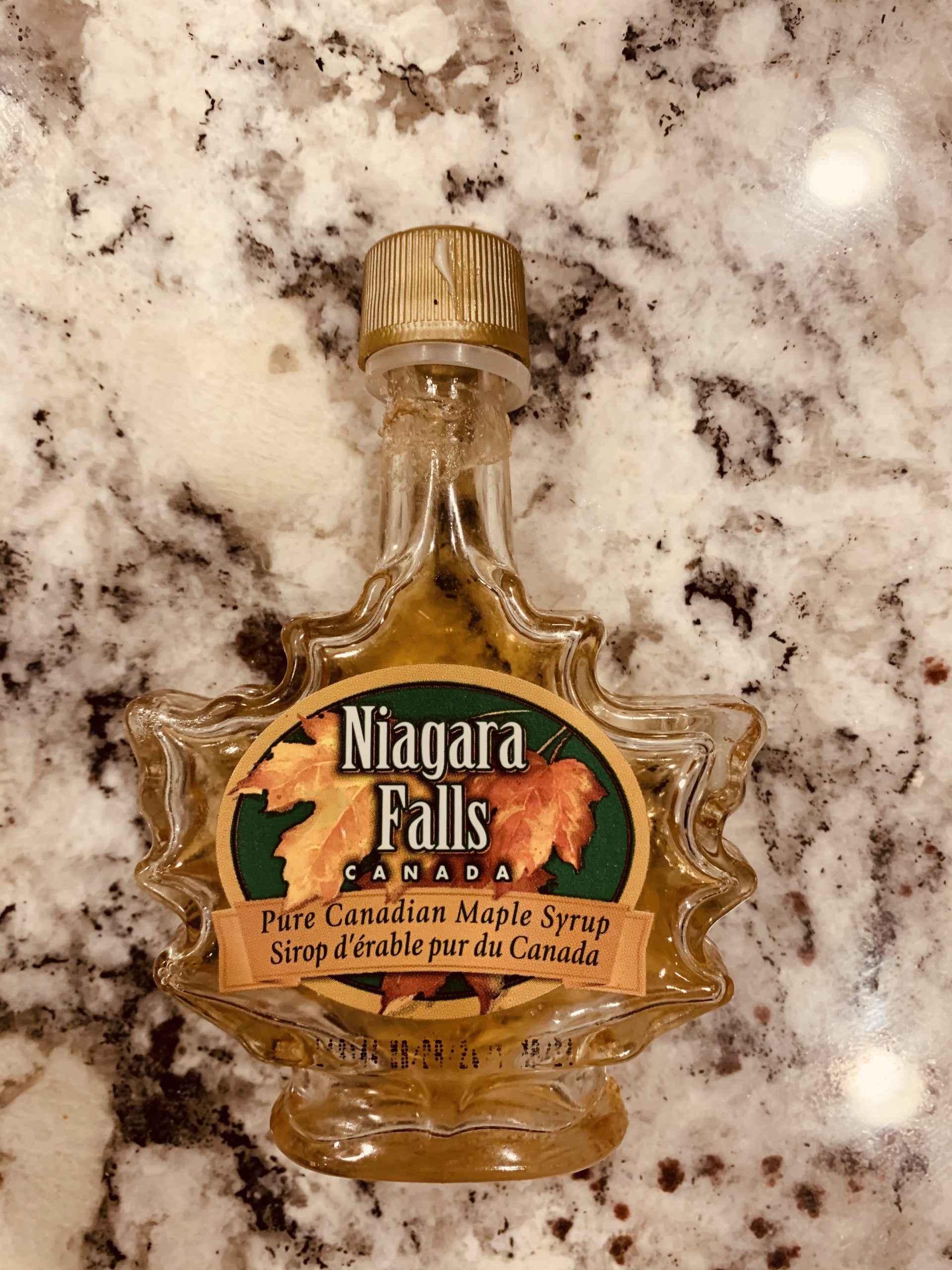
Bottom line: if you are going to use maple syrup INSTEAD of sugar, just be aware that you are still eating sugar, and should do so in moderation. It may have a very slight edge over table sugar but should not be considered “healthy” (like say, a vegetable would be). It just may be less harmful overall for you. Diabetics should definitely monitor their blood sugars closely when eating maple syrup.
RELATED: Vegan-ish Recipes: 16 Bean Medley with Plant-Based Sausage and Purple Rice
That being said, I choose to use maple syrup in my baking recipes because I can use less of it than refined sugar. The ratio is 2/3 cups of maple syrup for each cup of sugar. I use it as the sweetener in my Vegan and Gluten-Free Sweet Potato Pound Cake with Maple Orange Glaze. It goes without saying that cake should be eaten in moderation so that you are not eating excessive calories on a regular basis. For example, I usually make this for special occasions, like Thanksgiving.
Below is my recipe for my Vegan and Gluten-Free Sweet Potato Pound Cake with Maple Orange Glaze using maple syrup. The best way to describe this cake is if a sweet potato pie and a pound cake had a baby, this would be it!
Flavored with cinnamon, nutmeg, and vanilla, it goes well with a cup of tea or coffee. Be sure to post a pic and tag me @physicianinthekitchen if you make this recipe.

For the latest, follow me at:
- Instagram: @drmoniquemay and @physicianinthekitchen
- Facebook: Dr Monique May and Physician in the Kitchen
- Tiktok: @physicianinthekitchen
For more helpful tips and information, please join my Facebook group today!
Dr. Monique May is a board-certified and licensed family physician with over twenty years of clinical experience. Also known as the “Physician in the Kitchen™”, she is known for her delicious food and cooking skills, and has recently launched a local meal home delivery service in the Charlotte area.



